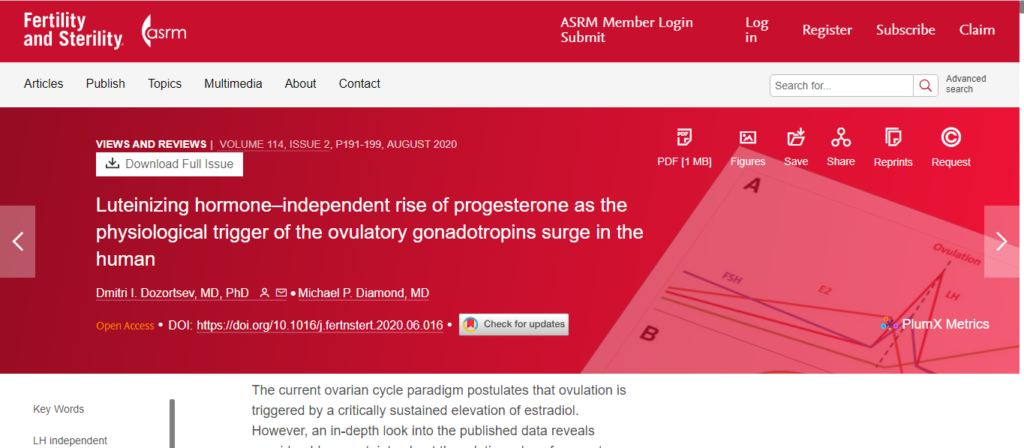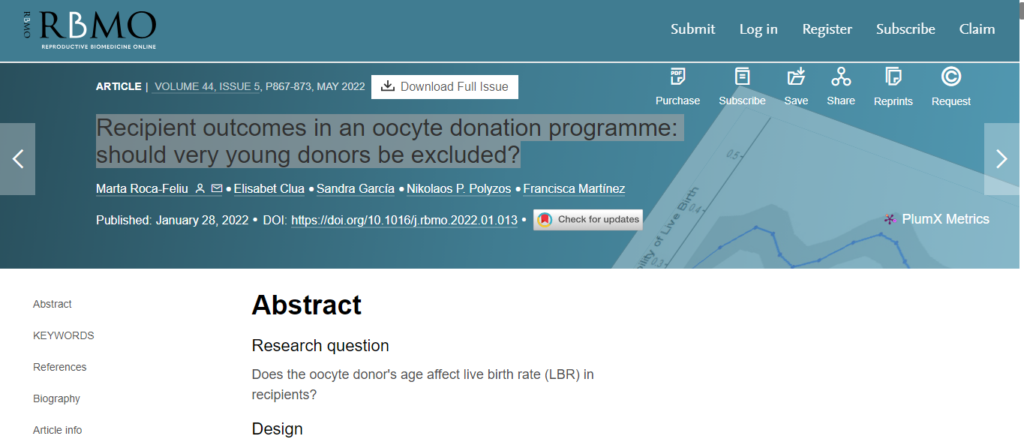Ectopic pregnancies can be dangerous. Fortunately, having one ectopic pregnancy does not mean you can’t have a successful pregnancy in the future.
Ectopic pregnancies can be both dangerous and very upsetting for those involved. Ectopic pregnancy always results in a loss of the embryo and, if left untreated, can potentially lead to death. Fortunately, with early treatment, the woman can stay safe and potentially have a successful pregnancy in the future.
What is an Ectopic Pregnancy and How is it Treated?
An ectopic pregnancy is a pregnancy where the embryo attaches and grows anywhere outside of the uterine lining. In 98% of cases, this growth occurs in the fallopian tubes, but the embryo can also attach to the cervix, ovary, or on an outside wall of the uterus. An ectopic pregnancy is not sustainable and, in many cases, the pregnancy will be naturally terminated by the woman’s body. If not, it may need to be terminated by a medical professional. If the ectopic pregnancy is left unterminated, it will cause intense pain and will likely rupture the fallopian tube. A tube rupture will lead to dangerous internal bleeding that has the potential to cause death.
Ectopic pregnancies occur in approximately 2% of pregnancies, and are rare enough that many women don’t realize they are vulnerable. Early detection and treatment is critical. There are a number of symptoms to watch out for that can indicate an ectopic pregnancy. If you experience any of these symptoms when you believe you are pregnant, you should seek a doctor immediately:
- Pain in your shoulder or on one side of your body
- Abdominal pain
- Dizziness and fainting spells
- Nausea and vomiting
- Vaginal spotting or bleeding
While any woman can experience an ectopic pregnancy, there are certain circumstances and events in a woman’s medical history that may increase her chances of having one. These include:
- A blockage of the fallopian tubes, which is often caused by Pelvic Inflammatory Disease.
- Prior abdominal or pelvic surgery that may have previously scarred organs.
- A history of sexually transmitted infections (STIs) like gonorrhea and chlamydia.
- Cigarette smoking.
- A history of endometriosis.
- A history of previous ectopic pregnancies.
- Age: most ectopic pregnancies occur in women in their late 30s to early 40s.
If you have any concerns that you may be experiencing an ectopic pregnancy, a doctor can determine this with blood tests and ultrasounds. Once an ectopic pregnancy has been confirmed, they can guide you through your treatment options. The best treatment option for an ectopic pregnancy depends on the estimated stage of the pregnancy, the severity of symptoms, and various other factors in a woman’s medical history. All treatment options require terminating the pregnancy for the sake of the woman’s safety.
Medicinal, non-surgical treatment consists of a medical professional injecting a drug called Methotrexate into the patient. If the ectopic pregnancy is detected early enough, this method can save the fallopian tube before the pregnancy causes damage.
Surgical treatment, which is typically conducted if a fallopian tube has already been stretched, ruptured, or begun bleeding, can either be conservative (laparoscopic surgery) or radical (laparotomy) depending on the circumstances. In cases involving surgical treatment, the ectopic pregnancy is removed — and depending on severity, other affected tissue and the fallopian tube itself may be removed as well. According to a 2013 study, all of these treatment options are equally effective at preserving a woman’s ability to have children in the future.
How Ectopic Pregnancy Affects Future Pregnancy
Unfortunately, having one ectopic pregnancy increases your chances of having a second one in the future. While the national average for ectopic pregnancies is 2%, the chances of a woman experiencing a second ectopic pregnancy after a first increases to 10%. However, the likelihood of having another ectopic pregnancy is not uniform, and your chances depend heavily on the cause of the first ectopic pregnancy. If you have had one ectopic pregnancy and are still interested in conceiving, you should seek out a fertility specialist to help you navigate the process.
Having a successful pregnancy depends on careful monitoring and planning to ensure that you are doing all you can to avoid another ectopic pregnancy. More importantly, careful monitoring allows for early detection in the event of a second ectopic pregnancy, reducing the potential damage to your fallopian tubes and increasing your opportunity of a successful pregnancy in the future.
Given the stress of an ectopic pregnancy, we at the AFCT want to do everything in our power to help you achieve a successful pregnancy after the fact. If you have previously had an ectopic pregnancy and are interested in conceiving, schedule a consultation with one of our fertility specialists today to discuss how we can guide you through your fertility journey.



